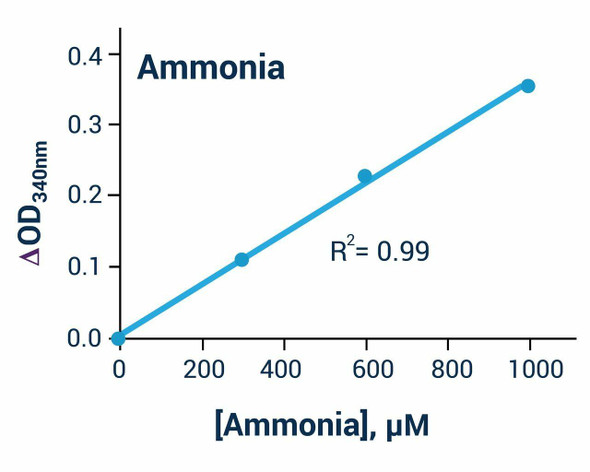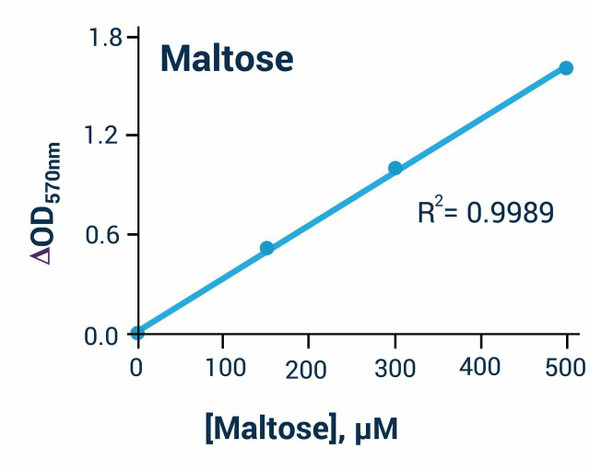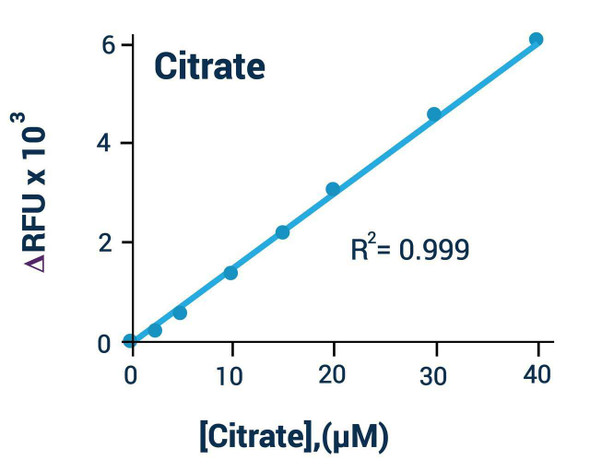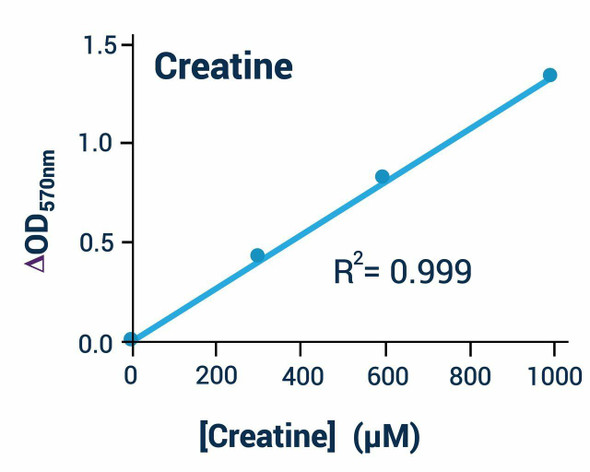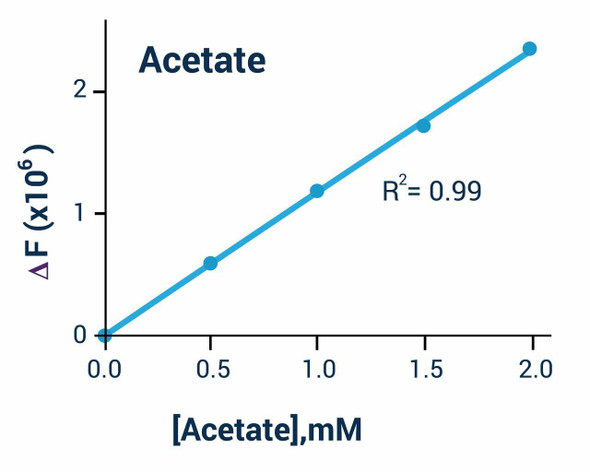

Starch Assay Kit - Information
Assay Genie's starch assay uses a single Working Reagent that combines the enzymatic break down of starch and the detection of glucose in one step. The color intensity of the reaction product at 570 nm or fluorescence intensity at Ex/Em = 530/585 nm is directly proportional to the starch concentration in the sample. This simple convenient assay is carried out at room temperature and takes only 30 min
Applications
For quantitative determination of starch and evaluation of drug effects on starch metabolism.
Starch Assay Kit - Key Features
Use as little as 10 samples. Linear detection range: 2 to 200 ug/mL starch for colorimetric assays and 0.2 to 20 ug/mL for fluorimetric assays.
Starch Assay Kit - Data Sheet | |
| Kit Includes | Assay Buffer: 12 mL Dye Reagent: 120 uL Enzyme A: Dried Standard: 50 uL 50 mg/mL Enzyme B: 120 uL |
| Kit Requires | Pipetting devices, centrifuge tubes, clear flat-bottom uncoated 96-well plates, optical density plate reader; black flat-bottom uncoated 96-well plates, fluorescence plate reader. |
| Method of Detection | OD570nm, or FL530/585nm |
| Detection Limit | 2 ug/mL |
| Samples | Biological, agriculture, food etc |
| Species | All |
| Protocol Length | 30 min |
| Size | 100 tests |
| Storage | Store all components at -20°C upon receiving. |
| Shelf Life | 6 months |
More Details
STARCH , chemical formula (C
6H
10O
5)n, is a polysaccharide carbohydrate consisting of a large number of glucose units joined together by glycosidic bonds. All plant seeds and tubers contain starch present in the form of amylose and amylopectin. Starch is the most consumed polysaccharide in the human diet. Some starches are digested very quickly, and cause a rapid and large rise in blood sugar. Others are digested more slowly, and some starch, called resistant starch, is not digested in the small intestine at all, and thus causes little or no blood sugar rise. Simple, direct and automation-ready procedures for measuring starch concentrations find wide applications in research and drug discovery..




